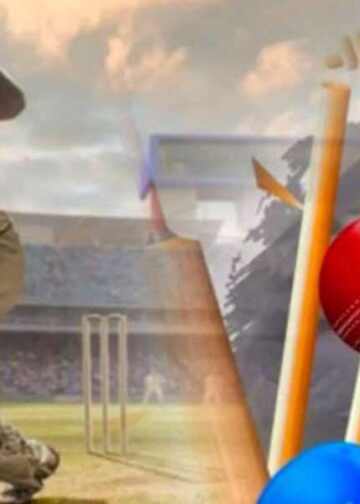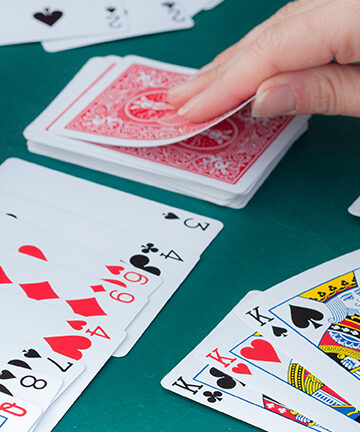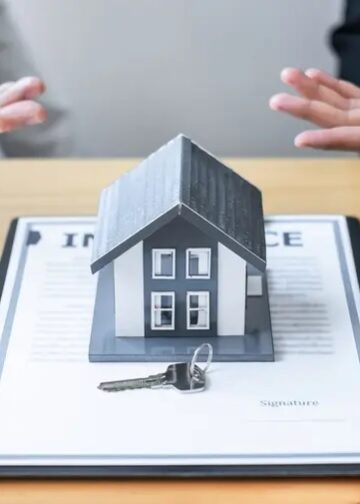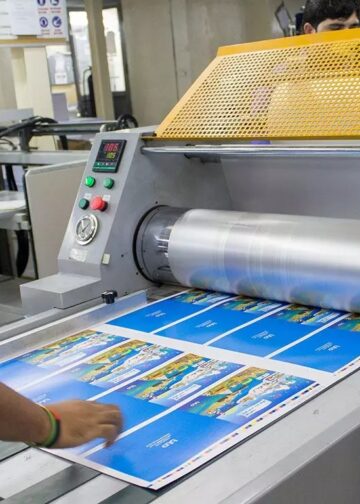It’s so easy to buy stuff nowadays. Even a pandemic couldn’t stop us from making all these purchases. From clothes to furniture, from gadgets to plants, you can acquire anything without getting out of bed. Of course, this assumes you have the funds for making these purchases.
With this ease of consumption, we can’t help but think that we’ve reached the point wherein buying stuff no longer holds the significance that it once had. With cross-border shopping and mass production at its most efficient, objects are now more easily taken for granted.
But maybe the reason is bigger. Perhaps as consumers, we’ve reached a point of consumption saturation. With climate change and other forces, we’ve started to understand the way we acquire things. We’ve started to look at our possessions from a higher, more existential perspective, or maybe, we’re just simply sick and tired of this disposable culture that has kept telling us to do away with last season’s and replace them with the latest.
Reuse, repair, recycle
There was a time when owning the latest phone was essential. We felt that, to best function in this world, we needed to upgrade our gadgets at least every two years. But as each upgrade has become more and more minuscule and inconsequential, we’ve begun to realize that our two-year-old laptops are still fine and working well. There is absolutely nothing wrong with just having your three-year-old cell phone repaired. That pair of jeans you purchased last year may be skinny, but no matter what Gen Z tells you, it’s fine.
We’ve come to realize that we replace our stuff far too frequently. If your life were a company, the turnover rate would be shameful. We’ve been treating our possessions as if they were disposable or had an expiration date. Many of us have realized that there is still so much life in the objects that we dispose of, and even if they’re at the end of their line, they can still find new life in being upcycled.
Experiences versus purchases
Perhaps we’ve also matured as a society because we now value experiences more than physical possessions. Nowadays, having gone to Coachella is a bigger status symbol than an expensive Coach bag. Traveling worldwide in economy class is a bigger privilege than driving around in a fancy car. Watching the Wimbledon tennis final is more special than owning a 24-karat gold tennis bracelet.
It’s understandably counterintuitive. Why would we place more value on fleeting moments over tangible objects that we can keep in our homes? Why would something that we can’t store in a bottle be more important?
The reality is, these experiences are close to invaluable. They are unique and cannot be replicated. It is the very ephemeral nature of experiences that makes them more special than objects. We also know that experience can teach us so much more than any instruction manual would.
This is why so many young people forgo traditional life acquisitions, like a car or a home, and spend more money on intangible things like travel, adventures, or learning. It might seem like careless use of funds, but it’s a wiser move than one may think.
In Maslow’s hierarchy of needs, food, shelter, clothing, and other physiological needs are at the very bottom—not because they aren’t important but because they are basic and essential to life. We all need these things to live.
As you move up along the pyramid, however, the needs become more and more intangible. When you reach the very top, the need becomes self-actualization, or the desire to become who you were meant to be, to achieve your full potential. It’s a concept that is so far removed from material possessions that nobody even knows what that is except you. In fact, you yourself may not even know it, hence, the endless search through life for it.
There is absolutely nothing wrong with buying things. Retail therapy is a very real thing. It’s just that we’ve now realized as a society that the levels of our consumption have now reached a saturation point—a point wherein the returns no longer go higher. It may be a good thing, for the planet certainly, but for humanity as well.
Perhaps, we will start to find fulfillment in other things or move on to more meaningful consumption—of knowledge and experiences. And this decrease in physical consumption can only do one thing: make the next purchase special again.














